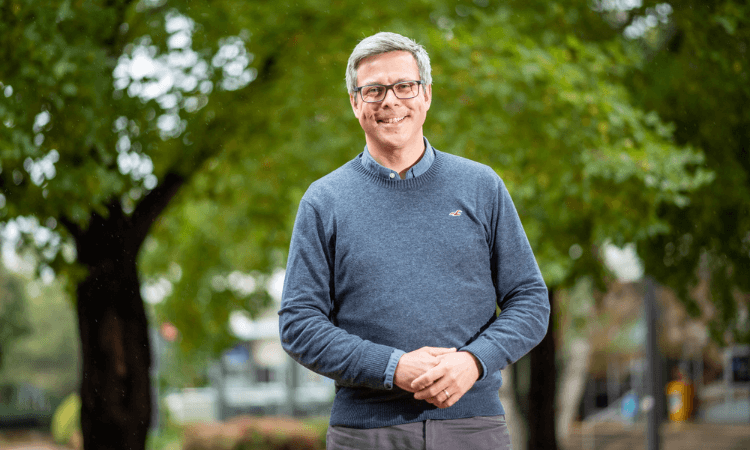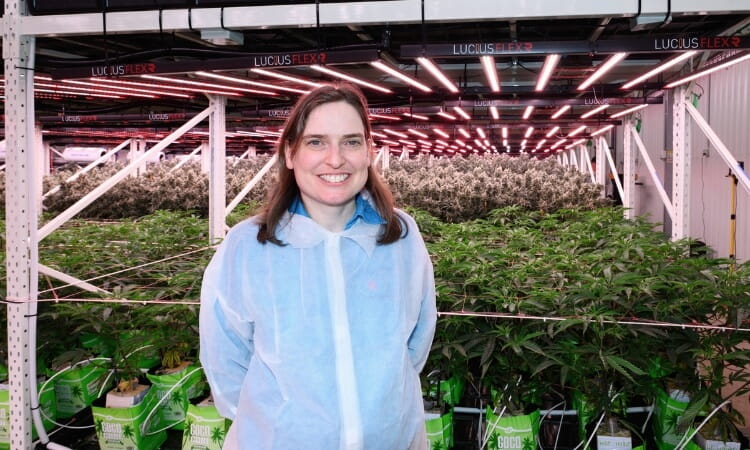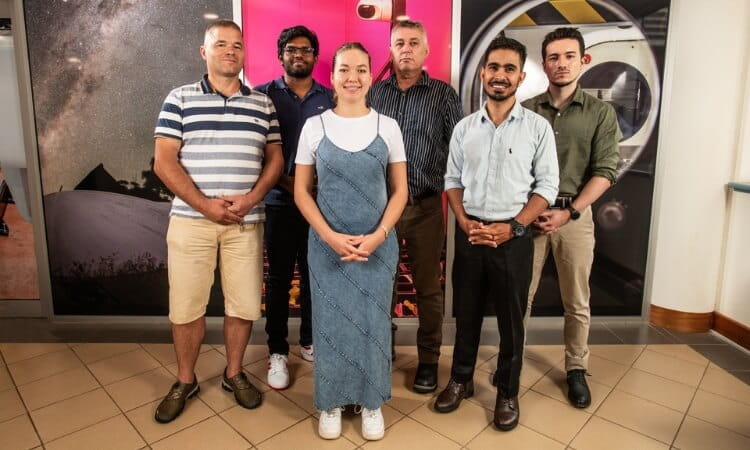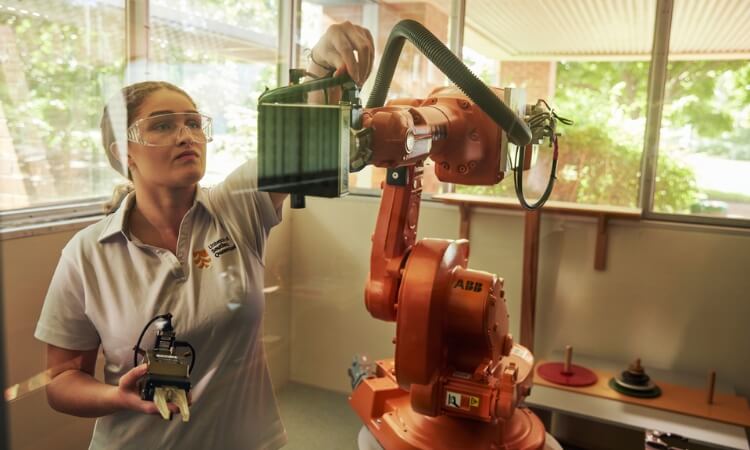Like a moth to a flame, Professor Robbie Girling was always drawn to insects.
Flipping through the pages of his family photo albums was a time capsule of creepy crawlies from holidays’ past – grasshoppers, locusts, dragonflies, and bees, among others.
So, it shouldn’t have been particularly surprising that he would grow up to become an entomologist.
But Professor Girling – the newly appointed Director of the Centre for Sustainable Agricultural Systems at the University of Southern Queensland – said he never expected to become an academic.
“Until towards the end of high school, I was never considered a particularly academic student,” Professor Girling joked.
“I think if anybody had told my family when I was 14 that I'd end up being a Professor and becoming a Director of a Research Centre, they would have been very surprised,” he said.
But it was Professor Girling’s fascination with solving problems that eventually drew him down the Life Sciences path.
“As a kid, I always took things apart and tried to understand how they worked so I could fix them. What really inspired me was the chance to solve problems,” Professor Girling said.
“I guess that problem-solving mindset, combined with my interest in insects, ended up naturally coming together to form my career in Sustainable Ag,” he said.
Professor Girling’s early PhD research investigated the unique ways predatory insects use smells from plants to work out whether the plant was infested with pests that it could feed on. From there, he extended his research interests to look more broadly at Sustainable Agricultural Systems.
The Centre’s work at the University of Southern Queensland focuses on finding a balance between producing enough food to feed a growing population and reducing the environmental impacts.
“It’s about making sure we manage our farming systems while considering the economic, environmental and social contexts to ensure they are sustainable in the long term, so they remain healthy and productive for future generations,” Professor Girling said.
He said improvements in sustainability are achieved by making intentional, but powerful, changes – like reducing the use of broad-spectrum insecticides and searching for alternatives, like targeted insecticides and biopesticides, which would allow beneficial predatory insects to remain so farmers can benefit from the natural pest-controls they provide.
Professor Girling said one of the biggest barriers to making these kinds of changes was finding cost-effective solutions for producers and consumers.
“Everybody has a budget to manage, and at the moment it’s even harder with the cost of living increases,” Professor Girling said.
“If you gave people the choice between two identical apples at exactly the same price, but you told them one was organic and the other conventionally produced using synthetic insecticides, I suspect that most people would prefer the organic option.
“It’s about finding clever solutions that actually work, in a sustainable fashion, to keep the costs down and the pests down at the same time.”
Professor Girling said it was an ongoing challenge to help people understand the importance of beneficial insects and sustainable pest control systems. But he said there were some little ears who were always eager to listen.
“I quite often find the younger generations – the kids – are much more interested in bugs and insects than adults,” he said.
“As you grow up, you tend to grow out of it. Obviously, I didn’t!”
Learn more about the research the Centre for Sustainable Agricultural Systems is conducting at the University of Southern Queensland.



